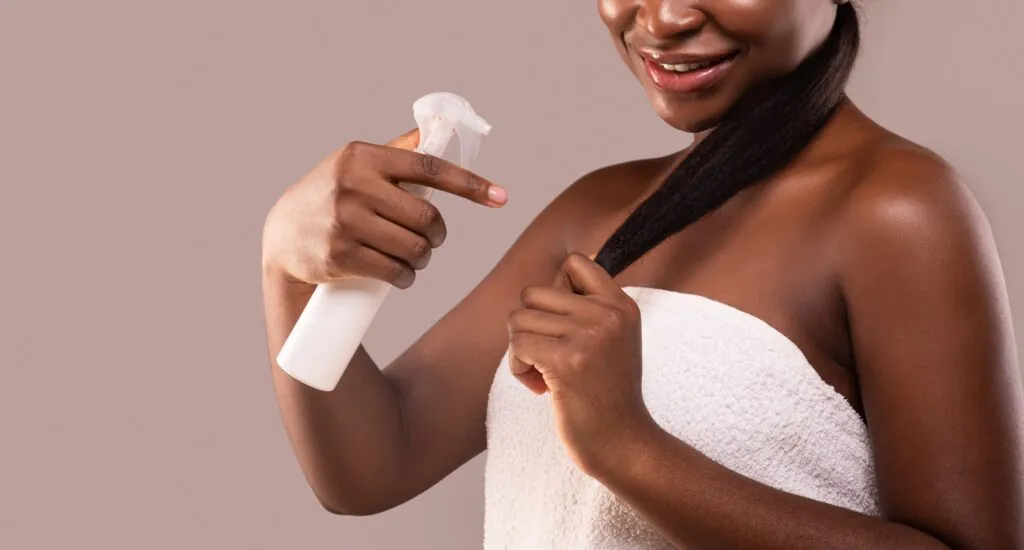Raleigh, NC: (919) 277-9299

The hair relaxer lawsuit gives people who have developed cancer from using chemical hair straighteners an avenue to hold the manufacturers accountable. This case is considered a Multidistrict Litigation (MDL), which occurs when individual cases are consolidated in one forum to expedite the discovery and pretrial processes. So far, thousands of past users of chemical hair straightener have joined the lawsuit being heard by Judge Mary M. Rowland in the U.S. District Court of Northern Illinois.
The claims address hair relaxer marketing, sales practices, and product liability, but these generic terms do not communicate the depravity of the defendants’ actions. These cosmetics companies used manipulative, false advertising to encourage females to chemically straighten their hair. The manufacturers concealed the toxic ingredients and even advertised these kits as natural and nourishing, leaving thousands of consumers to discover too late the devastating consequences of using them.
Lead-Up to the Lawsuit
It wasn’t until recently that researchers were able to find a common bond between a high incidence of uterine, ovarian, and endometrial cancer and the use of hair relaxers. Women have chemically straightened their hair for generations, and for just as long, they have faced cancer diagnoses at astonishing rates.
While researchers have been examining the dangerous ingredients in chemical hair straighteners for some time, it was not until recently that the connection to hair relaxer products was made. When researchers dug deeper, determined to find out the truth—the results were as revealing as they were heartbreaking. Thousands of women got answers about their cancer diagnoses, and they also learned they were pawns for cosmetic brands to profit off of, selling them faulty, toxic products.
Investigations into the connection between hair relaxers and cancer finally broke into mainstream news sources in 2022, inspiring the first lawsuit and thousands of others. Followup studies involved 15 times the number of test subjects as were represented in earlier studies, and the results show even stronger associations between hair care products and cancers.
Any woman who has used chemical hair straighteners in the past can’t help noticing news about these cancer lawsuits and recall the burning sensation of the cream she applied to her curls. The natural and organic solution the packaging promised was instead formaldehyde and other toxic ingredients—none of which were included on the labels. No one who used these products understood they were trading their health for straight locks.
The Lawsuit Defendants
This MDL involves hair relaxer defendants who manufactured, sold, distributed, advertised, and promoted toxic chemical hair straighteners. Many companies have been identified as defendants, and others are continually added as these investigations continue. The first hair relaxer cancer lawsuits were filed against several familiar cosmetic brands, including L’Oréal, SoftSheen, Revlon, Strength of Nature, Sally Beauty, and others.
The lawsuit against these chemical hair straightener companies includes complaints that expose their deceitful marketing and sales tactics. These brands targeted women of color and exploited the social and professional opposition to natural hairstyles many of these women faced. Chemical relaxers were marketed as solutions for coarse, curly hair. The product packages included language and images that convinced users the chemicals were safe and effective applications that would deliver a certain look. Nowhere on the at-home kits or professional supplies did the label mention an increased risk of cancer or other health concerns.
Hair relaxers were a $71 million product line in 2011. These brands continue to target women, keeping their margins in the millions. Not only will these legal proceedings help improve awareness of these hazardous products, but they offer a first step to holding these negligent manufacturers accountable. While the hair relaxer companies refuse to acknowledge the population of people affected by their actions, the advocates at Bell Legal Group do, and we are ready to listen.
